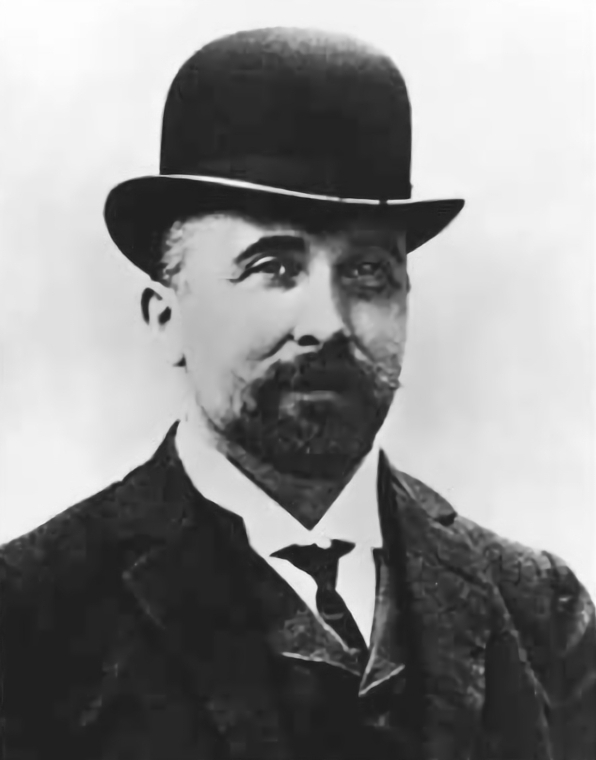C9H8O4 (Aspirin)


The Chemistry
Aspirin, a salicylate drug, is also known as acetylsalicylic acid. Aspirin is an
anti-prostaglandin (pain reliever) and an
anti-platelet (blood thinner). Aspirin relieves pain by ultimately acting as an anti-inflammatory agent; it inhibits an enzyme called cyclo-oxygenase (COX), which stops the formation of prostaglandins. The inhibition also reduces the ability of platelets to aggregate, thereby becoming a anti-platelet agent and aiding in preventing heart attacks and strokes.
The History
Aspirin was first isolated by Edward Stone of Oxford in 1763. In 1897, Felix Hoffman produced the first stable form of the compound, which was introduced as Aspirin. After Hoffman's company, Bayer, worked in distributing aspirin to physicians, it quickly became the number-one drug worldwide.


Felix Hoffman. Aspirin produced by
Bayer.
Aspirin is now the most common drug in household medicine cabinets.
Check out the aspirin website, it literally has everything.
http://aspirin.com/scripts/pages/en/home.php


